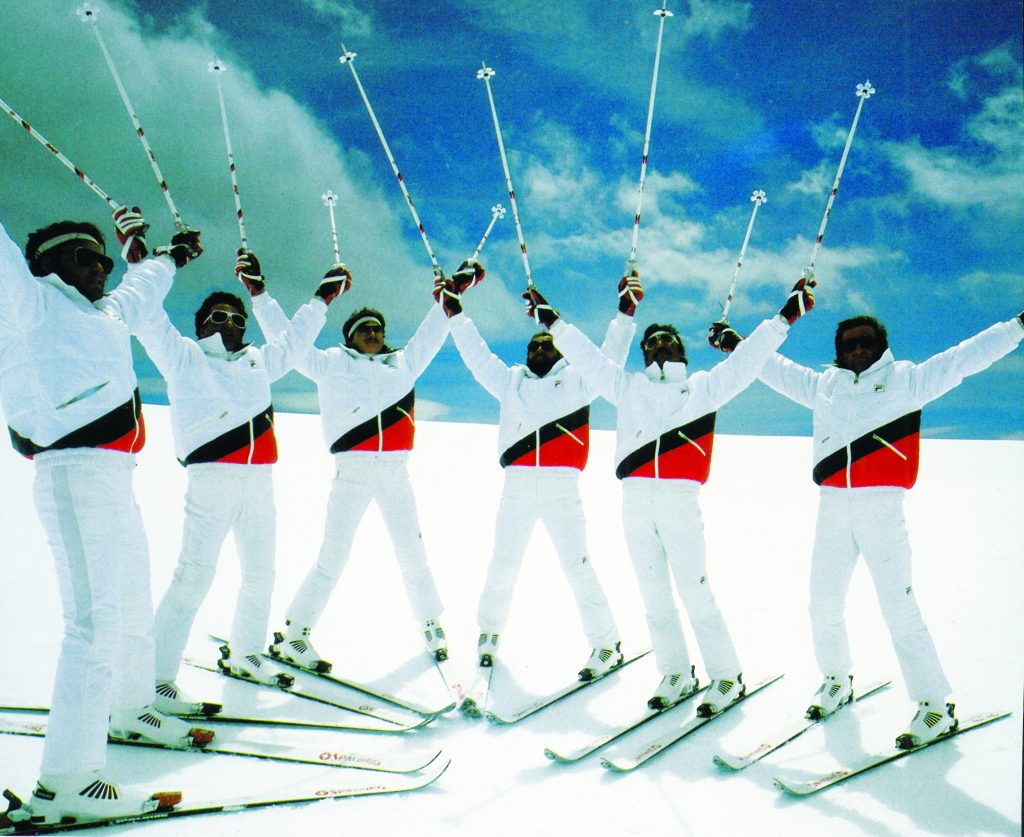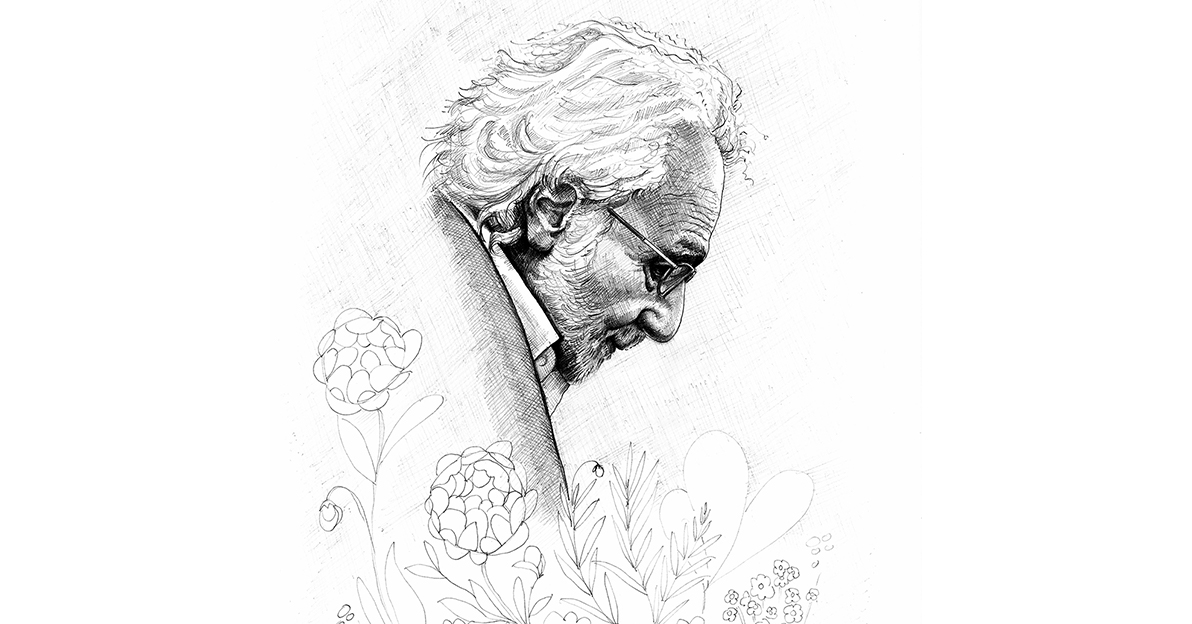Meet the designer: Pierluigi Rolando – 13
After one year, here’s the conclusion of our imaginary diary of Pierluigi Rolando. Based on his memoirs, it’s the unique story of the early FILA SPORT years, and most of all the portrait of a person who has always pursued beauty, no matter what he did.
The end of the Seventies marked the conclusion of the first important moment in FILA SPORT history, but Pierluigi Rolando couldn’t enjoy it in the best way. The main reason of it was Enrico Frachey’s resignation, vividly described in the designer’s memoir: “we suddenly lost a charismatic guide, with a sense of void and insecurity filling the offices’ spaces. I never understood why he left, but that reminded me of Reinhold Messner, constantly in search of new challenges”. Anyhow, Rolando was also able to face such crisis, dealing both with business changes and new entries such as Cedomir Comljenovich, who endorsed the approach with the sparkling Eighties.
‘Cedo’ made photo shootings full of colors and sensuality, and his knowledge of the so-called jet set brought FILA’s logo on Formula 1 race cars, especially on the one that took over the world’s championship with Nelson Piquet. “The F-BOX logo could be admired as much as the car lapped: we were entering a new, international world, which was definitely new for us”. Comljenovich also organized the Snow Dimension catwalk in St. Moritz, that featured the Golden Eagles parachutists: a deeply modern event, an anticipation of many contemporary fashion happenings.

Despite such numerous changes, Rolando wasn’t put in a corner at all. The WHITE LINE collections he drew between 1982 and 1983 were marked by futuristic tracksuits able to enrich the possible clothing combinations, and by a general urban taste that gave a nod to spectators rather than athletes. Such attentions were commercially successful, but didn’t stop the fashion designer from turning his back to the company at the end of 1983.
As he confessed, at those times the world was changing, maybe too much for an artist who suddenly didn’t manage to face the market and its dynamics anymore. Before saying goodbye to the company he worked, he wrote “the ability to reborn by finding new inspiration is the only answer”. His words weren’t bitter: “a beautiful adventure just ended up. We were a close, winning team”. His diaries also quoted Man Ray, saying that “an original is a creation motivated by desire. To create is divine, to reproduce is human”. And Pierluigi Rolando has dedicated his whole life to creation and creativity, even with the sculptures he made until he died.
This is the end of the imaginary diary we have read with you for more than one year. What remains is the memory of a person who dedicated his whole lifetime to the cult of beauty. A teaching that goes beyond the cloth’s physical essence, and still leads the way of those who write the story of FILA.
Leave a Reply



